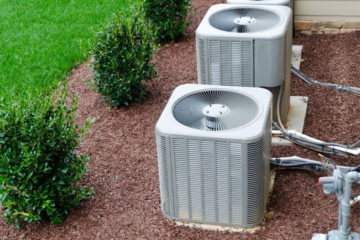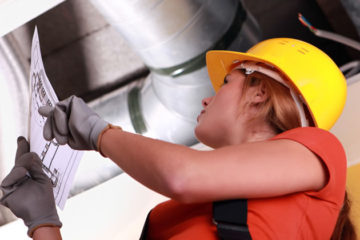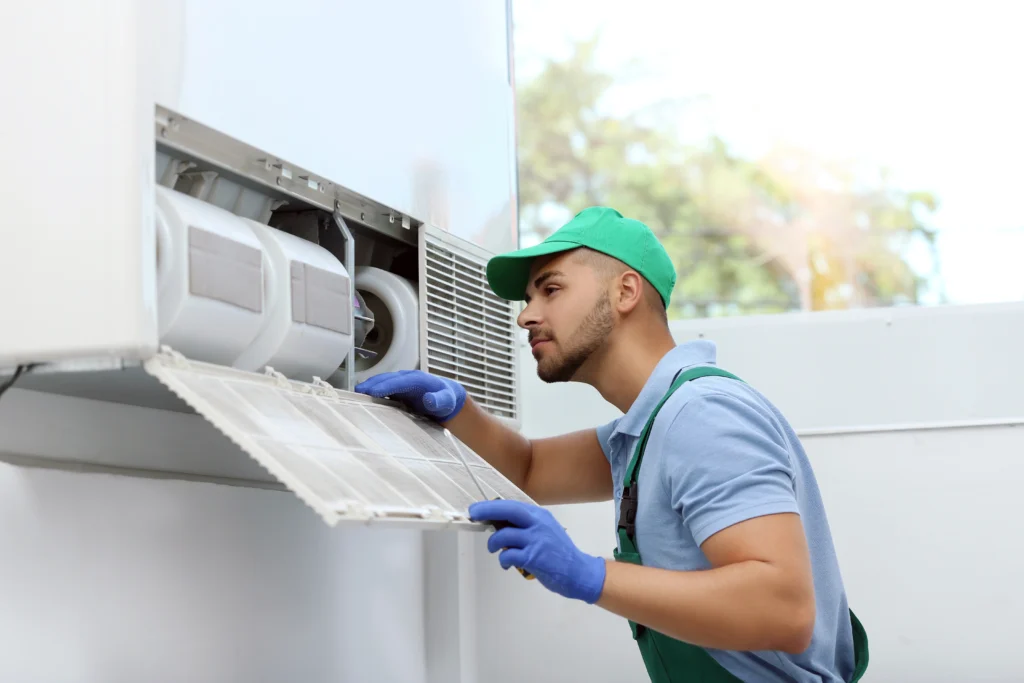Featured HVAC Services by Wayne Martin and Son
We provide "Emergency A/C Services" 24/7 by calling 239.462.4068
HVAC (Heating, Ventilation, and Air Conditioning) providers play a crucial role in maintaining indoor environmental quality and thermal comfort in residential, commercial, and industrial spaces. At Wayne Martin and Son, our team of AC professionals specialize in a full spectrum of HVAC services, including HVAC installation, HVAC maintenance, and HVAC repair. With over 20 years experience, our dedication to quality service ensures that your heating and cooling systems operate efficiently and effectively.
We offer following HVAC Services:

Efficient AC Installation | HVAC Installation
Energy Efficient Air Conditioners With our energy efficient air conditioners, microorganisms can be reduced by over 99%. Gases, VOCs, odors and particulates (dust) can also be reduced significantly. We
Go To Efficient A/C
Air Purification
Air Purifier | Air Purification Services Breathe healthier, cleaner air with Wayne Martin & Son Signature Air Conditioning's whole house air purifier solutions. Whether you're looking to alleviate …
Go To Air Purification
Air Conditioning Repair & Service
Fort Myers Air Conditioning Repair Service | Fast & Reliable Experience expert AC repair services with Wayne Martin & Son Signature Air Conditioning. Our expert AC repair technicians are equipped …
Go To A/C RepairWhat Are HVAC Services?
HVAC stands for Heating, Ventilation, and Air Conditioning. It encompasses systems and technologies designed to manage indoor climate and air quality in residential, commercial, and industrial settings. HVAC services can include AC maintenance, AC replacement and emergency AC services.
Here's an overview of each component:

1. Heating:
- Purpose: To maintain a comfortable temperature during cold weather.
- Systems: Common heating systems include furnaces, boilers, heat pumps, and radiators.
- Furnaces: Use gas, oil, or electricity to heat air, which is distributed throughout a building via ductwork.
- Boilers: Heat water and distribute steam or hot water through radiators or underfloor heating.
- Heat Pumps: Transfer heat from outside to inside during winter and can reverse in summer for cooling.
2. Ventilation:
- Purpose: To ensure the circulation of fresh air and maintain indoor air quality by removing stale air, moisture, and pollutants.
- Systems: Natural and mechanical ventilation systems.
- Natural Ventilation: Utilizes openings like windows and vents to allow fresh air to enter.
- Mechanical Ventilation: Uses fans and duct systems to control air movement, including exhaust systems that remove indoor air and ventilation systems that bring in fresh air.
3. Air Conditioning:
- Purpose: To cool indoor air during hot weather and dehumidify the space.
- Systems: Central and local (or room) air conditioning units.
- Central Air Conditioners: Cool air is produced in a central unit and distributed through ducts.
- Local Units: Include window units, split systems, and portable AC units that serve individual rooms.
Key Considerations in HVAC Services:
- Energy Efficiency: Modern HVAC systems are designed to consume less energy, improving energy efficiency ratings such as SEER (Seasonal Energy Efficiency Ratio) and AFUE (Annual Fuel Utilization Efficiency).
- Zoning: Allows for different areas of a building to be heated or cooled independently for more tailored comfort.
- Smart HVAC Systems: Incorporate technology that allows for remote monitoring and control, optimizing performance based on usage patterns.
- Maintenance: Regular maintenance (such as filter changes, cleaning ducts, and checking refrigerants) is essential to ensure efficient operation and longevity of the system.
Common Terminology:
- BTU (British Thermal Unit): A measure of heating and cooling capacity.
- CFM (Cubic Feet Per Minute): A measure of air flow volume.
- Ductwork: The system of ducts that transport air throughout the building.
Benefits of HVAC Systems:
- Comfort: Provides year-round comfort through controlled heating and cooling.
- Air Quality: Improves indoor air quality through ventilation and filtration systems.
- Energy Savings: Energy-efficient systems can lower utility bills.
- Automation: Programmable thermostats and smart controls enhance convenience and efficiency.
Conclusion:
HVAC systems play a crucial role in ensuring comfortable and healthy indoor environments. Advances in technology continue to improve the efficiency and effectiveness of these systems, making them a vital aspect of modern building design and operation.
